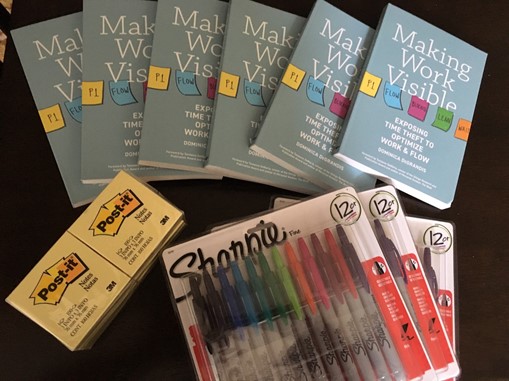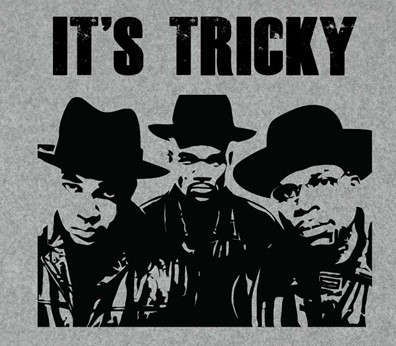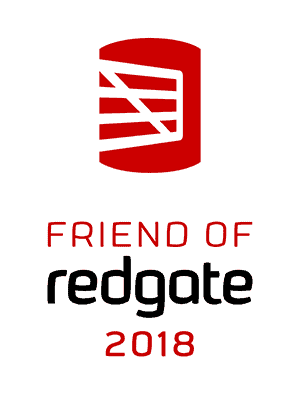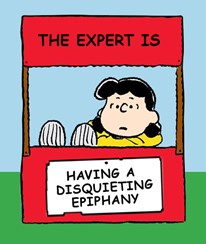As I’ve mentioned on twitter (what, you don’t follow me?), I’ve been involved with a new conference that’s focusing on the Microsoft Data Platform – Azure DataFest. It’s still very much in the works, but there’ have been a few events around the country so far, and we’re bringing one to Atlanta in August (as well as working on a national standardized presence). If you want to help build a community of data professionals that are passionate about the next generation of analytics and data science, please feel free a topic. Text for the CFP is below, but the actual call for speakers is here: https://sessionize.com/atlanta-2018-azure-datafest-microsoft.
More details to come (after I get through Atlanta SQLSaturday).
Atlanta 2018 Azure DataFest: Microsoft Azure Advanced Analytics and Big Data Conference
This is a call for speakers for the inaugural Atlanta Azure DataFest: Microsoft Azure Advance Analytics and Big Data Conference, a 2-day event to be held on August 16-17, 2018, 9:00AM to 5:00PM at the Microsoft Technology Center, 8000 Avalon Boulevard Suite 900, Alpharetta, GA 30009.
We are looking for 10-12 speakers to present on the following Azure Advanced Analytics and Big Data topics:
- Azure Data Services
- Azure Data Warehouse
- Power BI
- Cosmos DB
- Azure Analysis Services
- HDInsight
- Machine Learning
- Stream Analytics
- Cognitive Services
- Azure Bot Services
- Data Lake Analytics
- Data Lake Store
- Data Factory
- Power BI Embedded
- Data Catalog
- Log Analytics
- Apache Spark for Azure
- Dynamics 365 for Customer Insights
- Custom Speech Service APIs
- Spark
Planned Schedule (Thursday, August 16)
We plan on delivering a keynote, and three sessions to the at-large audience, then breaking into tracks after lunch.
8:00AM – 9:00AM – check-in/breakfast/networking
9:00AM – 9:50AM – Key Note, Room # All/Combined
10:00AM -10:50AM – Session 1 Room # All/Combined
11:00AM -11:50AM – Session 2 Room # All/Combined
12:00PM – 12:50PM – Partner/Sponsor Lunch and Learn – Room # All/Combined
1:15PM – 2:15PM Breakout sessions
2:30PM – 3:30PM Breakout sessions
3:45PM – 4:45PM Breakout sessions
Sessions should be 1 hour in duration, level 300 or higher. You can use best practices, case studies, demos, chalk talks, etc.
Planned Schedule (Friday, August 17)
The second day is intended to build on the first day with workshops, allowing attendees to have hands-on experiences with the applications.
8:00AM – 9:00AM – check-in/breakfast/networking
9:00AM – 11:50AM Workshops
12:00PM – 12:50PM – Lunch – Networking
1:00PM – 3:50PM Workshops
Workshop sessions should be 3 hours in length, and relate to material covered in the sessions on day one. If you would like to submit a workshop session, please ALSO submit a single-hour session for the first day.
The session submission deadline is Friday, July 13, 2018. We will announce the speaker list and alternates on Monday, July 16, 2018.
If you have questions, please contact stuart.ainsworth@azuredatafest.com


 I know it’s clickbait, but I really did want to reinforce the simplicity of this post. I think building a DevOps culture can sometimes be daunting for most folks from traditional IT backgrounds because, well, people aren’t systems. You see, both developers and system engineers are comfortable with technology; it’s usually predictable, and it’s relatively easy to manipulate.
I know it’s clickbait, but I really did want to reinforce the simplicity of this post. I think building a DevOps culture can sometimes be daunting for most folks from traditional IT backgrounds because, well, people aren’t systems. You see, both developers and system engineers are comfortable with technology; it’s usually predictable, and it’s relatively easy to manipulate.
 I’m super excited to have been named a
I’m super excited to have been named a  Let me get this out of the way first; I haven’t quit my day job. I’m VERY blessed to work at a great company that lets me work from home, balance work & life responsibilities, and has great pay and benefits.
Let me get this out of the way first; I haven’t quit my day job. I’m VERY blessed to work at a great company that lets me work from home, balance work & life responsibilities, and has great pay and benefits.